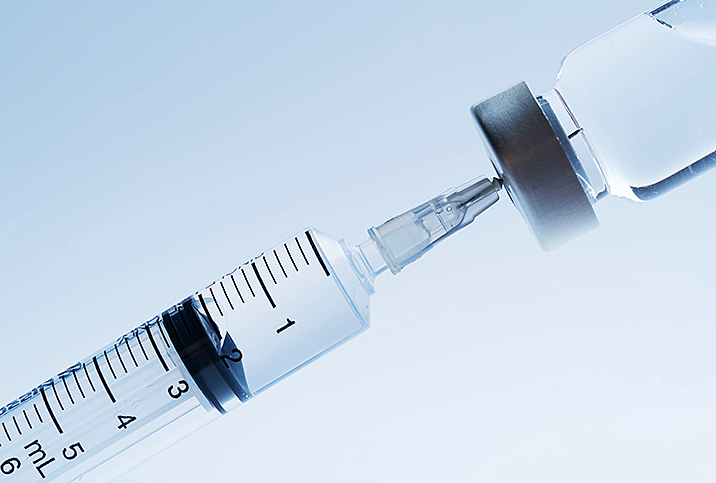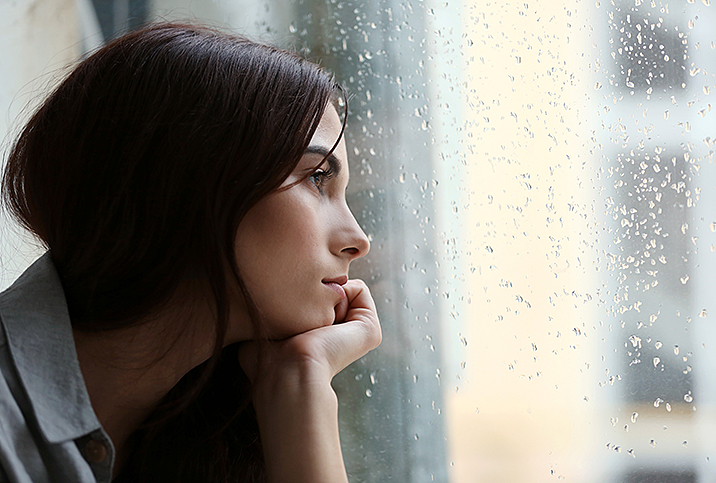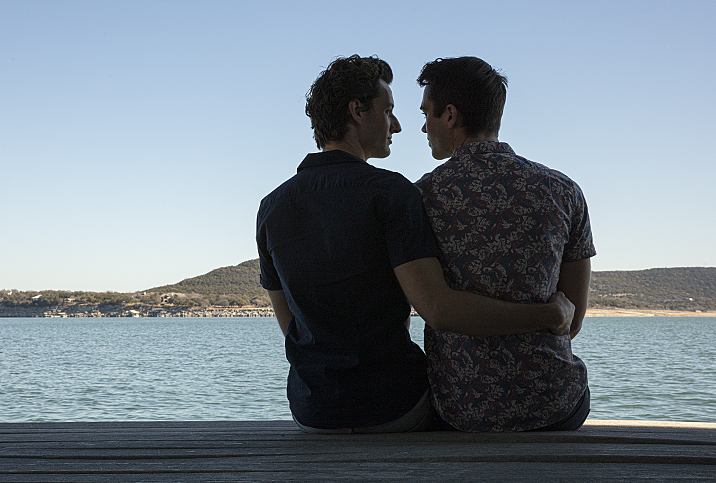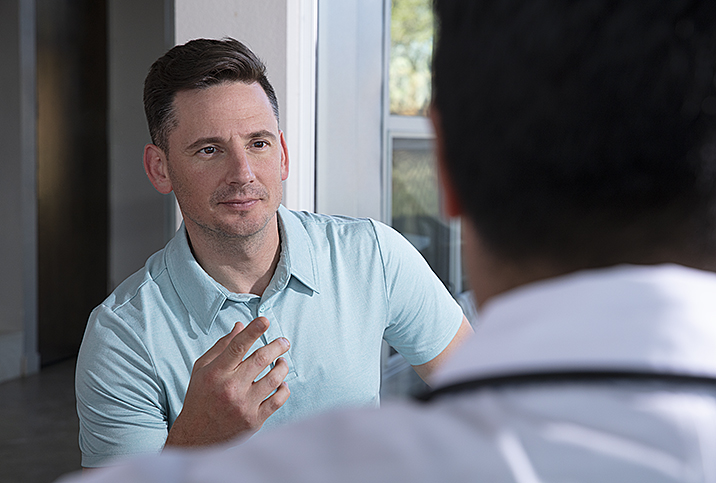The HPV Vaccine: An Update

Vaccines against human papillomavirus (HPV) have been available in the U.S. since 2006. Currently, the only HPV vaccine available is Gardasil 9, which was approved by the U.S. Food and Drug Administration (FDA) in 2014 for protection against cancers caused by this sexually transmitted infection.
Initially, the HPV vaccine was recommended for children who were 11 or 12 years old. Today, children and adults from ages 9 through 26 are encouraged to get the HPV vaccine. Adults between the ages of 27 and 45 may also receive the HPV vaccine, but they should consult their doctor to discuss the potential benefits of being vaccinated at an older age.
Take a closer look at how the HPV vaccine works, and decide whether this vaccine’s right for you.
What does the HPV vaccine do?
According to the Centers for Disease Control and Prevention (CDC), the HPV vaccine provides men and women with safe, effective and long-lasting protection against cancers caused by HPV. The most common sexually transmitted infection in the U.S., HPV usually clears on its own within two years without treatment, and the most common symptom of HPV is genital warts, though some people with HPV may not show any symptoms.
Cases of HPV that do not clear on their own may gradually develop into cancers of the cervix, vagina, vulva, penis, anus and oropharynx (the area at the back of the throat). Since HPV cannot always be detected—especially in men—getting the HPV vaccine helps ensure you face a lower risk of these cancers.
Who can get the HPV vaccine?
The CDC and American Cancer Society recommend the HPV vaccine for everyone, regardless of gender, between 9 and 26 years old. Boys and girls from 9 to 12 years old should receive two doses of the HPV vaccine, while those who receive the vaccine starting at age 15 and older should receive three doses.
Advice for adults is varied. The American Cancer Society does not recommend the HPV vaccine for adults age 27 and older. However, the CDC urges adults between 27 and 45 years old to consult their doctor if they feel there would be a benefit to getting the HPV vaccine. The discrepancy is based on the fact that many of the individuals in the age group have likely already been exposed to HPV.
Risks associated with the HPV vaccine
The HPV vaccine comes with potential risks and side effects, just like any other vaccine or medical treatment. According to the CDC, the most common side effects reported from the HPV vaccine include:
- Redness, pain, and/or swelling at the injection site (most common)
- Nausea
- Headache
- Tiredness
- Fever
- Muscle or joint pain
- Dizziness
- Fainting
As is the risk after receiving any vaccine, there is a potential for syncope, or passing out, after the HPV vaccine. Individuals are encouraged to sit or lie down for 15 minutes immediately following the injection.
In rare instances, the HPV vaccine may cause a severe, life-threatening allergic reaction.
A 2018 study published in a peer-reviewed Brazilian medical journal found that global acceptance of the HPV vaccine is still relatively low, especially in Latin America, Canada and Japan. These countries have reported serious side effects of the HPV vaccine, including chronic pain and suicide. However, the CDC said that evidence from more than 160 studies shows that HPV vaccines have an overwhelmingly favorable safety profile, and that any side effects experienced should generally be mild.
If you are considering the HPV vaccine for yourself or your children, ask your doctor for more information about potential side effects and about the latest safety data. If you are an adult and think the vaccine may benefit you based on your unique circumstances, ask your doctor about your options.


















